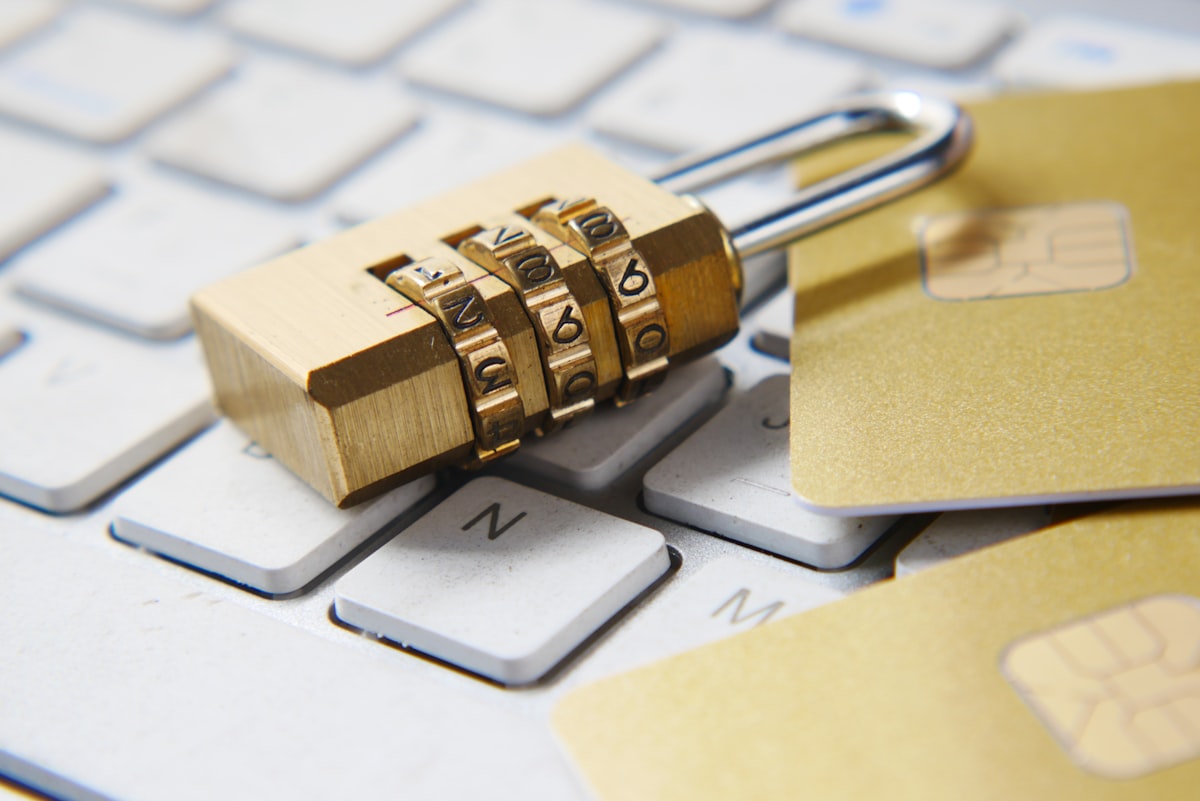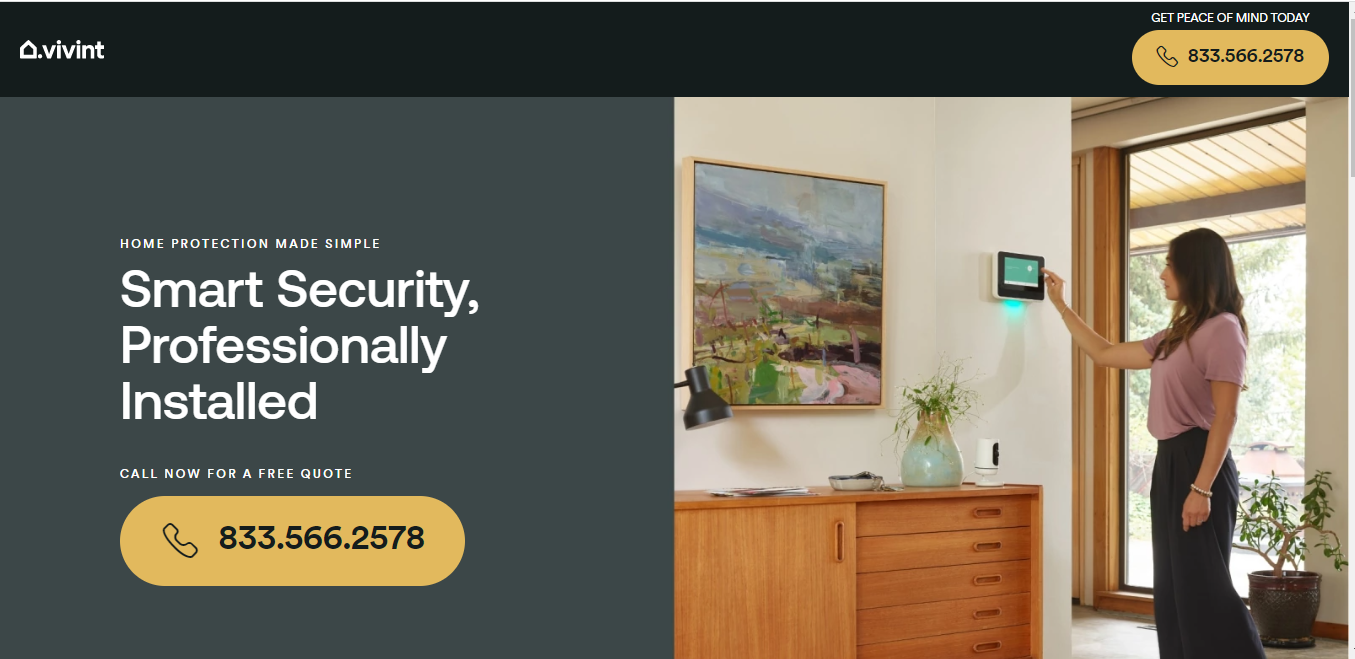Smart Home Security and Privacy: What You Need to Know

The rise of smart homes has brought new levels of convenience and comfort to our daily lives. With smart home technology, we can control our lights, thermostats, security systems, and other devices with the touch of a button or the sound of our voice. However, this convenience also comes with a tradeoff: smart homes can potentially expose us to new security and privacy risks. In this essay, I will explore the concept of smart home security and privacy, including what it is, how it works, and what steps we can take to protect ourselves.
What is Smart Home Security?
Smart home security refers to the systems and technologies that are designed to protect your home from security threats. These threats can come in many different forms, such as burglary, theft, vandalism, or intrusion. Smart home security systems use a combination of hardware and software to detect and prevent these threats. Some common examples of smart home security devices include:
- Smart locks: These locks can be controlled remotely, allowing you to lock and unlock your doors from anywhere. They may also include features like keyless entry, voice recognition, or facial recognition.
- Security cameras: These cameras can capture video footage of your home, which you can monitor in real-time or access later. They may also include features like motion detection, night vision, or facial recognition.
- Door and window sensors: These sensors can detect when a door or window is opened or closed. They may also include features like vibration detection or glass break detection.
- Alarm systems: These systems can sound an alarm if a security threat is detected. They may also include features like smoke detection, carbon monoxide detection, or water detection.
- Motion sensors: These sensors can detect movement in your home, and can be used to trigger other devices like lights or cameras.

How Does Smart Home Security Work?
Smart home security systems work by using a combination of hardware and software to monitor your home and detect security threats. The hardware includes devices like smart locks, security cameras, and sensors, while the software includes the applications and programs that control these devices. In most cases, smart home security systems are controlled using a smartphone app or a web portal.
The software that controls smart home security systems typically includes a number of features designed to protect your privacy and security. These features may include:
- Encryption: Smart home security systems use encryption to protect your data from being intercepted or hacked. Encryption scrambles your data so that it can only be read by someone with the right key or password.
- Two-factor authentication: Many smart home security systems require two-factor authentication, which means that you need to enter a code in addition to your password to access your account. This adds an extra layer of security to your account since even if someone has your password, they won't be able to access your account without the code.
- Privacy settings: Many smart home security systems include privacy settings that allow you to control who has access to your data. For example, you may be able to set up different user accounts with different levels of access, or you may be able to set up alerts when someone accesses your data.

What are the Privacy Risks of Smart Home Security
While smart home security systems can help protect your home from security threats, they can also expose you to new privacy risks. Some of the privacy risks of smart home security systems include:
1. Data breaches: Smart home security systems are connected to the internet, which means they are vulnerable to cyber-attacks. If a smart home security system is hacked or breached, your personal data could be exposed to hackers or cybercriminals. This could include information like your name, address, phone number, or email address.
2. Surveillance: Smart home security cameras are designed to monitor your home for security purposes, but they can also be used to spy on you and your family. Unauthorized access to your security cameras can give hackers a window into your private life, including sensitive activities that you may not want to be recorded.
3. Data Collection: Smart home security systems collect a vast amount of data about you and your home, including your daily routine, security habits, and even your personal conversations. This data can be vulnerable to hacking, and in the wrong hands, can be used for nefarious purposes such as identity theft or cyberstalking.
4. Third-Party Access: Smart home security systems often rely on third-party providers for data storage and processing. This means that your personal information is shared with other companies, which can create additional privacy risks. Third-party providers may not have the same level of security as your smart home system, which means that your data could be more vulnerable to hacking and other security breaches.
5. Unintended Consequences: Smart home security systems are designed to make our lives easier and safer, but they can also have unintended consequences. For example, security cameras may inadvertently capture the activities of innocent bystanders or neighbours, which can be a violation of their privacy rights.
6. Lack of Control: Smart home security systems are often designed to be easy to use, which means that users may not have full control over their data. For example, some systems may automatically upload footage to the cloud without giving users the option to review and delete it first.
7. Cyber Security Threats: Smart home security systems are vulnerable to a variety of cyber security threats, including hacking, malware, and phishing attacks. These threats can compromise the security of your home and put your personal information at risk.
Conclusion
While smart home security systems offer many benefits, they also come with significant privacy risks. To protect your privacy and security, it is important to be aware of these risks and take steps to mitigate them. This includes being vigilant about data collection, carefully choosing third-party providers, and using strong passwords and other security measures to prevent cyber-attacks.





